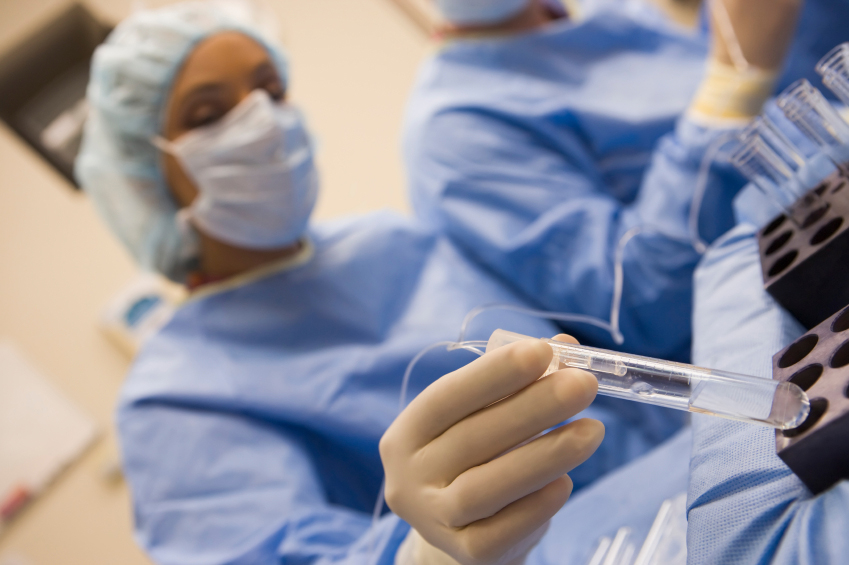In The Telegraph, Emma Aguado, a 34 year-old British woman outlined the difficulties she encountered after donating her eggs. She underwent in-vitro fertilisation (IVF) therapy free of charge in return for this donation. Emma did not become pregnant, unlike the woman who received her eggs.
“Egg sharing” in which Emma was involved, is only organised in private hospitals and clinics. A woman with healthy eggs but who does not have enough money to undergo IVF (costing at least £5,000), donates her eggs to an infertile couple wishing to have a child. It is a “win-win” situation.
She recounted that her donation was “a purely financial decision”, “an opportunity to have IVF free of charge” and that “she would not have donated her eggs altruistically”. It provided her with an opportunity to have a child at a time when her biological clock was ticking and she did not have a stable partner.
Emma produced fourteen eggs and donated seven. None of Emma’s five embryos survived whereas the donated embryos did and the recipient couple had a baby boy. “I was devastated,” Emma stated. “After having donated my eggs, the only thing I could think was, I want to get them back”. As regards the child, the young woman admits that she often wonders what he looks like and how he is getting on. On reaching 18, he will have the right to request the identity of the donor: Emma[1]. This is also a hard test for Lisa who believes that donating her eggs was “the worst mistake of her life”.
Jackie Leach Scully Professor of Social Ethics and Bioethics at Newcastle University commented as follows, “It is important to have numerous checks in place to prevent women from doing something purely for monetary gain”. The Executive Director of the Infertility Network UK, Susan Seenan, shares this opinion and wants to encourage “altruistic donations”.
Emma Aguado told her story so that other women who want a child consider all of the options to become a mother without turning to the final resort.
[1]The lifting of anonymity for sperm and egg donors has been in existence since 2005 in Great Britain.
The Telegraph (31/10/2015)

